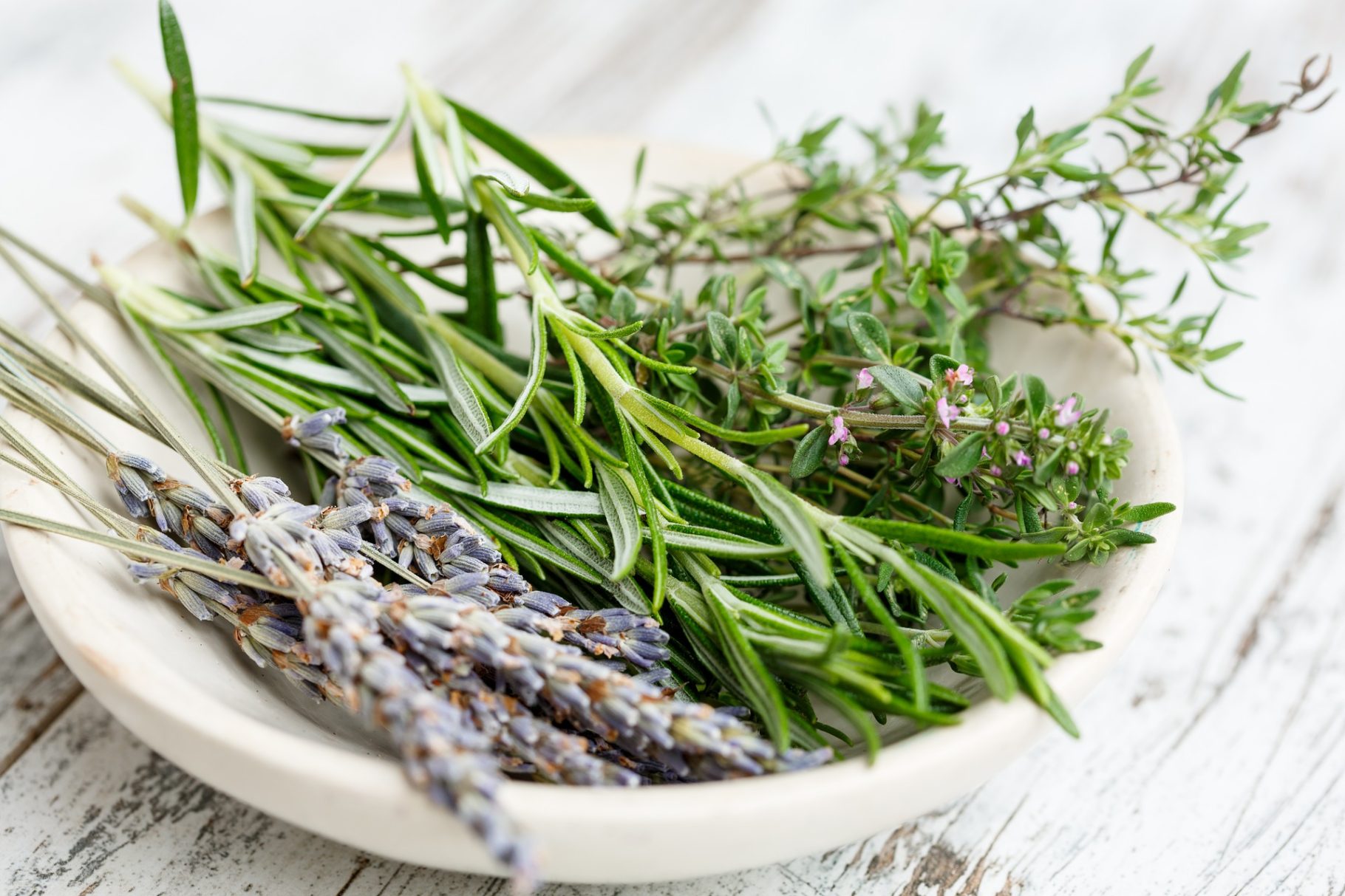
Over 275 million people worldwide suffer from mental health disorders with numbers rising up to 18% of the population in areas like USA, Europe, and Australia. As mental health issues like depression, anxiety and neurosis continue to rise so does an increased interest in finding alternative methods – like st johns wort – to treat these illnesses.
If you have ever experienced anxiety or depression, you understand the hindrance it can place on the enjoyment of everyday life. Not to mention, a sense of urgency involved in uprooting the mental turmoil that can be associated.
St John’s Wort has shown promising results in treating both depression and anxiety. Knowledge is power so in below you will be armed with all the information (benefits, side effects, how to take it) you need to know in order decide if St Johns Wort is the right tool for you.
What is St Johns Wort?
A beautiful yellow flowering plant that is native to Europe, Africa, and the Western US. It’s documented use dates back to 1 AD when it was used by a Roman military doctor.
In more modern times, St John’s Wort has been utilized to treat depression and anxiety due to is antidepressant and anti-inflammatory effects.
Benefits of St Johns Wort
Alleviate Depression
Although studies of St Johns wort are ongoing, it has some intriguing evidence showing that it may help alleviate symptoms of mild to moderate depression.
A systematic review of 35 studies and over 6000 participants concluded that St John’s Wort performed better than a placebo. It noted effects that were “not significantly different than that of antidepressants.” However, the same did not hold true for that of severe depressive disorders.
The exact depression alleviating brain mechanism of St John’s wort is still being deciphered. Research shows that the anti-depressant activity may be due to the inhibition of the reuptake of serotonin, dopamine, and noradrenaline (norepinephrine). These are all neurotransmitters that play a role in mood and the human reward system. It may also be due to its interaction with GABA and Glutamate receptors, which regulate nervous system activity in the brain.
Lower Anxiety
Anxiety and depression are closely related mental health disorders that share many of the same neural pathways and neurotransmitters. According to the Anxiety and Depression Association of America (ADAA), nearly half of the people diagnosed with depression are also diagnosed with an anxiety disorder.
Antidepressants and Selective Serotonin Reuptake Inhibitors (SSRI), like Prozac, are frequently used to treat anxiety disorders. I have personally been prescribed the generic version of Prozac, called Fluoxetine, and it certainly helped manage my high level of anxiety.
St John’s Wort has been studied more heavily concerning depression. Mechanisms that have shown beneficial in depressive symptoms may also help treat anxiety. Those mechanisms include interaction with serotonin receptors and GABA receptors, as both play an essential role in symptoms experienced with anxiety.

When and How to Take St Johns Wort?
How to take St Johns Wort and Dosage?
A consumption type of dried herb in tablet or capsule form has more specific criteria around dosage due to current research. A standard extract of 0.2% to 0.3% hypericin is most commonly studied and distributed.
The below table containing dosage and consumption information is derived from PennState Medical Center.
| Consumption Type | Dosage | Duration |
| Dried herb in tablet or capsule | 300 mg (standardized to 0.3% hypericin extract), 3 times per day | 3 to 6 weeks to feel any effects |
| Liquid Extract or Tea | Talk to your doctor to establish an appropriate dosage | 3 to 6 weeks to feel any effects |
When to take St Johns Wort
If you are taking a capsule or tablet, take St John’s Wort with food to help line the stomach and avoid any upset stomach side effects. This can be taking 3 times a day or as a time-release capsule once a day.
St Johns Wort Dosage
Experts suggest a standard of 300 mg 3 times a day for mild to moderate depression. No standard dosage has been determined for anxiety.
How long to take St Johns Wort?
St John’s wort typically takes anywhere from 3 to 6 weeks of continuous usage to notice any effects. This is similar to many antidepressants and herbs that effect mechanisms in the brain that aim to modulate mood and emotion.
Side Effects of St John’s Wort
The side effects of St John’s wort tend to be uncommon and minor (especially when compared to pharmaceutical antidepressants.) These side effects include:
- Upset stomach
- Dry Mouth
- Fatigue
- Dizziness
- Confusion
- Sexual dysfunction
- Sensitivity to sunlight
- Increased Anxiety (rare)
Rare reports of increased feelings of anxiety from St Johns Wort have been reported by some people, most likely due to its stimulant properties.
Herbal medicines are unchartered territory for many western world people. Science is the master of the west, and there isn’t much funding or regulation around herbs for therapeutic use. Be sure to purchase quality products only from reputable companies.
The biggest concern for side effects is presented if St John’s wort is combined with any other medication or herbs that affect levels of serotonin. This can cause an unsafe and dangerously high level of serotonin that can occur within a few minutes to hours with symptoms including “agitation, diarrhea, fast heartbeat, high blood pressure, hallucinations, and increased body temperature.”
Talk to your doctor first!
It is always important to talk with your doctor before introducing St John’s wort into your routine. St Johns Wort does interact with other medications so this cannot be emphasized enough. This is especially important if you currently take any medications or are pregnant.




Very cool post! I was slightly familiar with St John’s Wart but never really did my research. This was extremely informative! Looking forward to giving it a try.
Thank you, so happy the article gave you a more in-depth look at St Johns Wort. I just recently purchased it to give it a try myself!